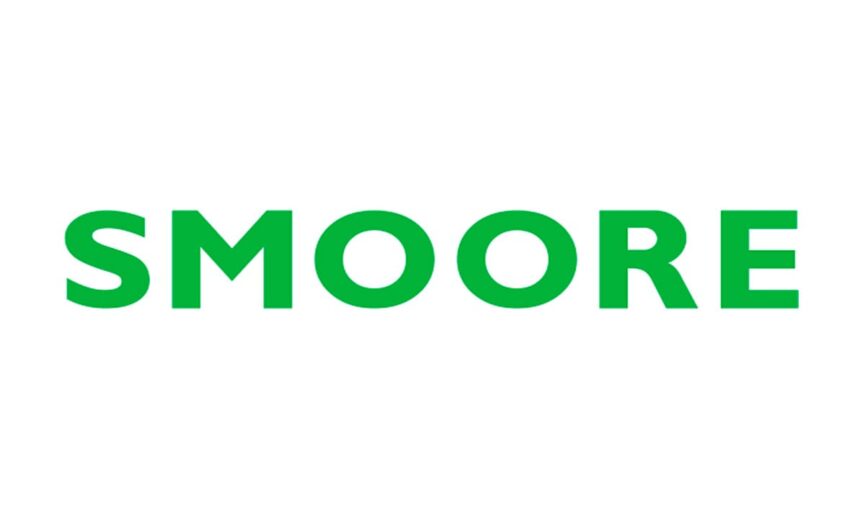US Cannabis Vaporizer Maker Vindicated After Legal Win

A legal battle between two giant vaping companies has ended with the “definitive victory” of Advanced Vapor Solutions, which was named in a suit brought by Shenzhen Smoore Technology Co. The International Trade Commission (ITC) upheld an earlier judgment by an administrative judge finding AVS did not infringe on the Chinese vaping company’s patents by importing vape batteries into the US.
Smoore is best known as the parent company of vape brands like Vaporesso. It is also the maker and supplier of 510-threaded batteries worldwide, with its FEELM atomizer also being used in various closed-system vape pods such as the NJOY and RELX.

Table Of Contents
The Court’s Decision
Shenzhen Smoore Technology Co. initially brought a complaint against 50 different US and China-based companies in 2021. Smoore alleged these companies were importing Smoore products into the US and passing them off as their own or creating new products based on Smoore’s patents. Smoore also asked the United States International Trade Commission to issue cease and desist orders.
Cannabis vaporizer makers score ‘definitive’ victory in patent dispute https://t.co/ct4Z3VGYFQ
— EIN Presswire: Patents Newswire (@EINPatentsNews) April 26, 2023
The companies named by Smoore as those infringing on its copyright included recognizable names such as Atmos, Glo Extracts, and Advanced Vapor Systems, a US-based manufacturer of 510 batteries and carts for the legal cannabis industry. The investigation into the alleged patent infringement took almost two years, but the ITC found no patent violations, which prompted Smoore to appeal, only to lose again.
The suit claimed AVS infringed on three legal patents owned by Smoore concerning vape batteries and other accessories. Still, the ITC and its follow-up decision found no violation of the company’s or any other existing US patent. Furthermore, Smoore failed to show how these companies impacted its market share, as it did not present any basis for a domestic market for its products.
Why the Lawsuit Happened
Smoore instigated legal action against these companies accusing them of stealing its intellectual property, especially the design of 510 batteries and cartridges. The market for these accessories is enormous. 510 batteries are in demand by individual consumers and large vaping concerns, but tobacco companies also want to use the latest technology in their vaping devices, which are usually pod-based and closed-system.
But 510 batteries have other uses in everyday life, so there are enormous profits to be had. There are also branding opportunities since many vaping-related companies (cannabis producers, e-juice makers, and other brands) want to brand the 510s with their logos and use them for commercial or marketing purposes.
So the stakes are high. But as Smoore lost its case, it means that American 510 manufacturers and vape businesses can grow and expand without worrying about a market flooded with cheap, Chinese knock-offs. The co-founder and CEO of American Vapor Devices, Alex Kwon, said as much when he commented after the ruling that “today is an enormous victory for the US cannabis vaping sector.”
What This Means for the US Vaping Industry
The ITC’s rulings are one of the rare instances of the federal government standing up for the domestic vaping industry, and many are happy to see it. While this is only one small action in an otherwise torrent of unfavorable policies toward vaping and vapers, at least American companies can operate knowing that the International Trade Commission is one place that shows small businesses the respect they deserve.
